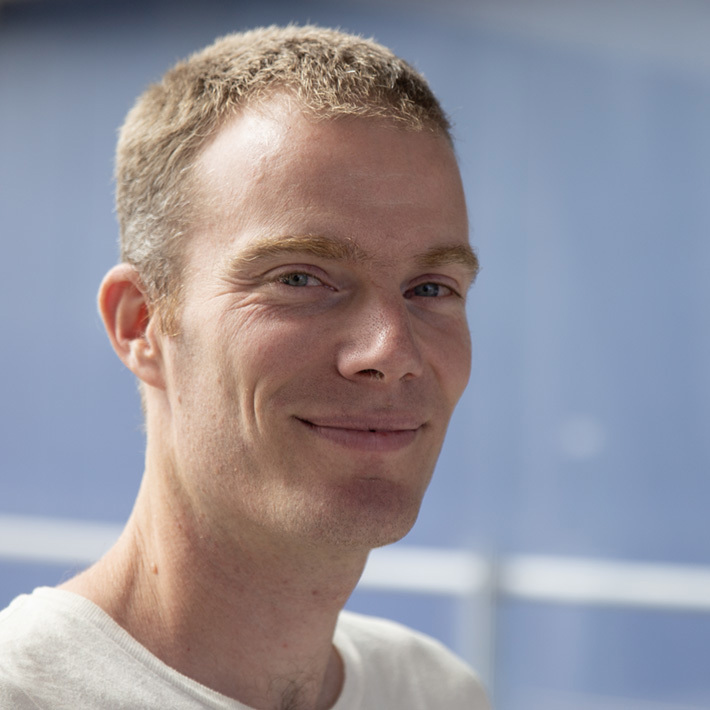Associate Professor
Dr. B. (Bart) Everts, PhD
Area(s) of expertise:
Cellular Immunometabolism, Host-pathogen interactions
Cellular Immunometabolism, Host-pathogen interactions
&width=400&height=400)
Introduction
After obtaining his Master’s Degree in 2005 at the University of Amsterdam, specializing on host-pathogen interactions, Bart started his PhD at the department of Parasitology at the Leiden University Medical Center (LUMC). During his PhD he studied the immunomodulatory effects of parasitic worm, Schistosoma, on dendritic cells (DCs). Following his PhD In 2010, he started as a postdoctoral fellow to work in the emerging field of immunometabolism of DCs, macrophages and T cells, in the group of Prof. Dr. E.J. Pearce at the School of Medicine of Washington University, St Louis, Missouri, USA.
In 2014, he returned to the department of Parasitology at the LUMC, where he is now an associate professor. With his group he aims to unravel the metabolic underpinnings of the immunoregulatory functions of DCs and macrophages, My ambition is to use the fundamental insights gained for these studies to pinpoint metabolic pathways that can be targeted to manipulate the functional properties of DCs and macrophages for therapeutic purposes.
In 2014, he returned to the department of Parasitology at the LUMC, where he is now an associate professor. With his group he aims to unravel the metabolic underpinnings of the immunoregulatory functions of DCs and macrophages, My ambition is to use the fundamental insights gained for these studies to pinpoint metabolic pathways that can be targeted to manipulate the functional properties of DCs and macrophages for therapeutic purposes.
Scientific research
Recently, there has been a growing appreciation that also metabolic signals and alterations in cellular metabolism can dictate immune cell function. This field of immunometabolism has contributed to the realization that stimuli and changes in the environment macrophages and DCs are exposed to, eventually converge into alterations in their metabolic properties. It has become clear that reprogramming of metabolic pathways such as glycolysis, oxidative phosphorylation, fatty acid synthesis and oxidation are not only associated with, but are also crucial for shaping functional responses of DCs and polarization of macrophages to environmental cues.
The group of Bart Everts aims to unravel the metabolic cues present in the microenvironments and intracellular metabolic programs that shape the T cell-polarizing properties of DCs and the polarization state of macrophages in infection and cancer. Ultimately, the goal is to identify novel metabolic pathways in DCs and macrophages that could be targeted to direct their function for improving vaccination efficacy and cancer therapies.
The group of Bart Everts aims to unravel the metabolic cues present in the microenvironments and intracellular metabolic programs that shape the T cell-polarizing properties of DCs and the polarization state of macrophages in infection and cancer. Ultimately, the goal is to identify novel metabolic pathways in DCs and macrophages that could be targeted to direct their function for improving vaccination efficacy and cancer therapies.
